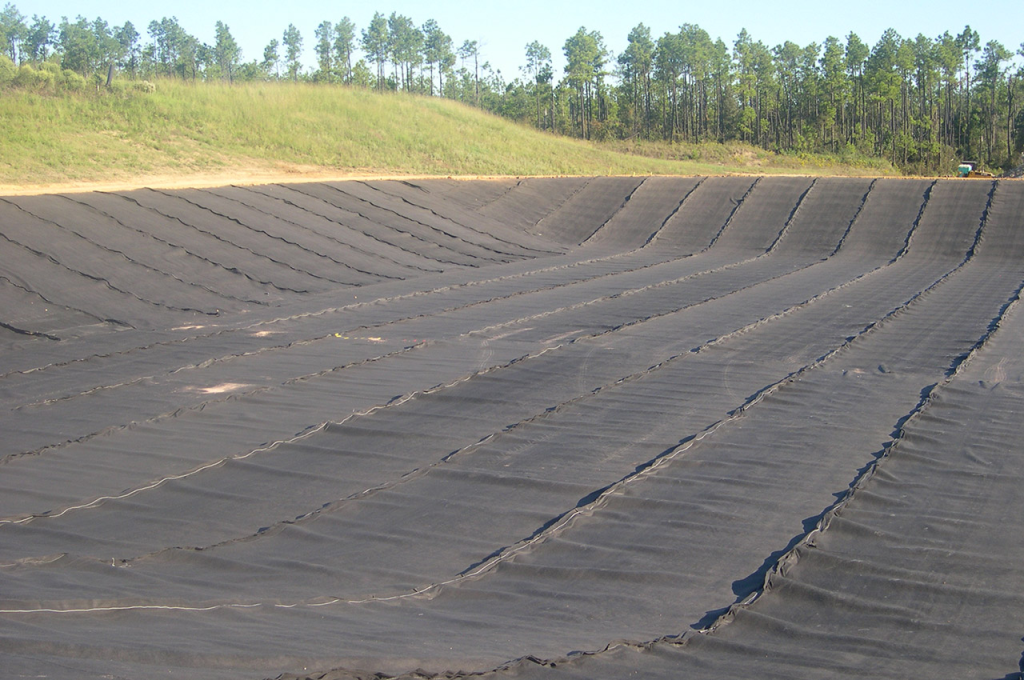Geosynthetic Liner: Innovative Solutions for Effective Geosynthetics
Geosynthetic liner systems are widely used in geosynthetics applications to prevent leakage and ensure long-term soil and water protection. This article answers key questions about geosynthetic liner advantages, installation, and environmental benefits.
What types of geosynthetic liners are available?
There are several types of geosynthetic liners, including HDPE, LLDPE, PVC, and composite liners. Each type offers different flexibility, chemical resistance, and installation methods. For specialized applications in landfills and mining, you can check Geofantex’s geosynthetics solutions for detailed product guidance.

How do geosynthetic liners improve project efficiency?
Compared to compacted clay liners, geosynthetic liners reduce installation time and labor costs. Their uniform quality ensures reliable containment and minimizes site preparation. Learn more about efficient geosynthetics installation strategies at Geofantex.
What precautions should be taken during installation?

Key precautions include:
- Ensuring smooth and stable subgrade
- Avoiding punctures from heavy equipment
- Proper seam overlap and welding
Using protective geomembranes and trained installation teams ensures durability. See installation best practices for more guidance.
How do geosynthetic liners support environmental compliance?
Geosynthetic liners provide a low-permeability barrier that protects soil and groundwater from contamination. They are crucial for landfill operations, water reservoirs, and industrial containment projects. For more environmental compliance solutions, visit Geofantex geosynthetics projects.
Geosynthetic liners provide innovative, low-permeability solutions for modern geosynthetics projects. They improve installation efficiency, reduce costs, and ensure reliable environmental protec
Comments
Post a Comment